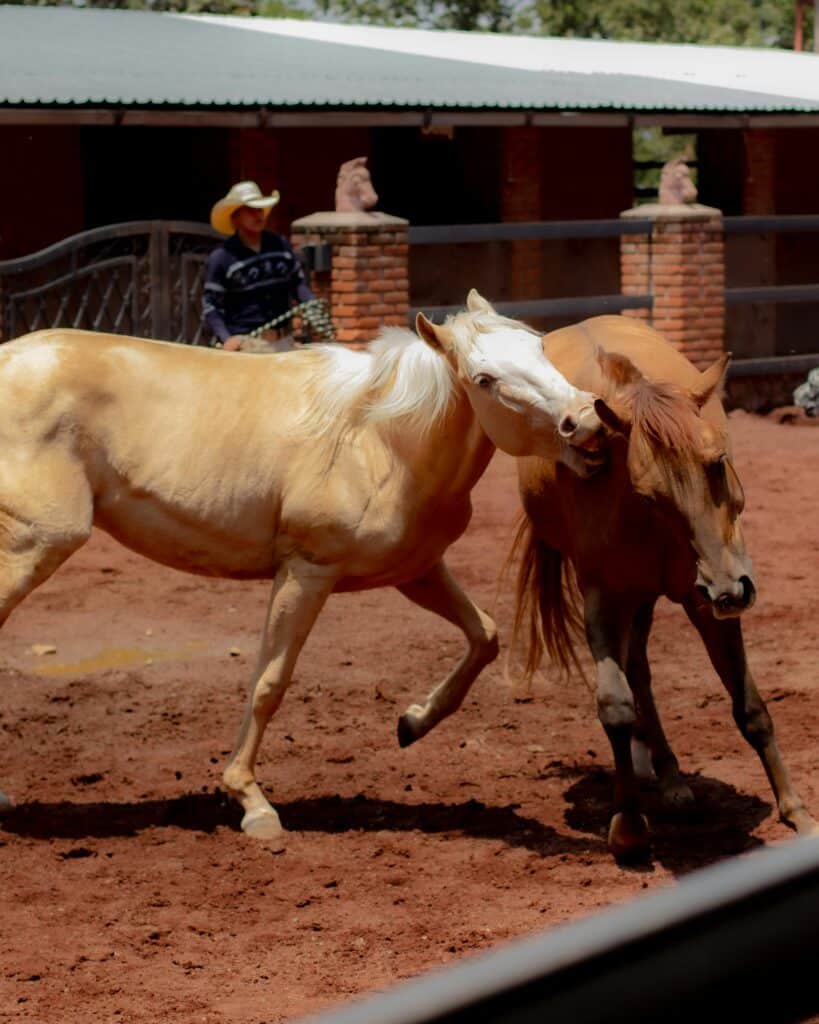
What is horseplay? When does workplace fun transition into a work injury that is not compensated?
A famous Iowa case, Xenia Rural Water District and Emcasco Insurance Company vs. Norman Vegors, delves into many aspects of the horseplay defense.
Norman Vegors, a machine inspector for Xenia Rural Water District, was injured after a co-worker, Casey Bryd, hit him with a pickup truck. Vegors had his hands full, and “wiggled” his butt at Byrd as a greeting and then leaned over the bed of his own truck. Byrd tried to bump Vegors with the mirror of his truck in response, but accidentally hit Vegors with the truck bed and injured him.
Xenia claimed the injury was barred from workers’ compensation benefits because of the horseplay, and the affirmative defense of willful injury. This case was appealed to the Iowa Supreme Court.
Issues addressed included the burden of proof assigned to Xenia to prove the defense of horseplay, whether or not the injury occurred out of or in the course of employment, and whether it was a third-party willful injury.
Earlier court cases established four guidelines to decide when horseplay deviates enough from the course of employment to bar compensation:
“(1) the extent and seriousness of the deviation, (2) the completeness of the deviation (i.e., whether it was commingled with the performance of duty or involved an abandonment of duty), (3) the extent to which the practice of horseplay had become an accepted part of the employment, and (4) the extent to which the nature of the employment may be expected to include some such horseplay.”
So was Vegors’ butt wiggling a “harmless act of levity” that got out of hand when Byrd accidentally hit him with his truck? Or was it an act that deviated substantially from workplace norms?
Xenia also tried to claim another affirmative defense, Iowa Section 85.16(3), which prohibits compensation where an employee’s injury was caused “[b]y the willful act of a third party directed against the employee for reasons personal to such employee.”
But is a co-worker a third party? And was the injury the result of a personal vendetta that had little to do with the work relationship?
The Iowa Supreme Court acknowledged that while personal motivations could intrude on the workplace, “typically it is the working environment itself which leads coworkers to engage in momentary jokes or asides.”
They did not bar recovery based on third party willful injury, but they did remand to the district court the issue of whether the horseplay was a substantial deviation from Vegors’ employment.
Another supreme court case in Nebraska, Varela v. Fisher Roofing Co., Inc., dealt with a worker who challenged a co-worker to an arm wrestling competition on a roof.
Before Varela could fully engage in the arm-wrestling contest, his foot slipped off a skylight, causing him to fall and injure his foot.
In this case the majority of the court found the injury compensable, because the horseplay “was an insubstantial deviation and did not measurably detract from the work.”
A dissenting opinion looked less favorably on the arm wrestling, as it was specifically prohibited in the workplace rules, and was a deliberate deviation from the job – even though the injury occurred before the wrestling contest had actually taken place.
Of course, injuries at work should be avoided, but does that mean all joking around should be prohibited?
Generally, workers’ compensation statutes are meant to be interpreted broadly, to the benefit of the employee.
If your employer or the workers’ compensation insurance does not want to pay you benefits call Putnam Law today.


